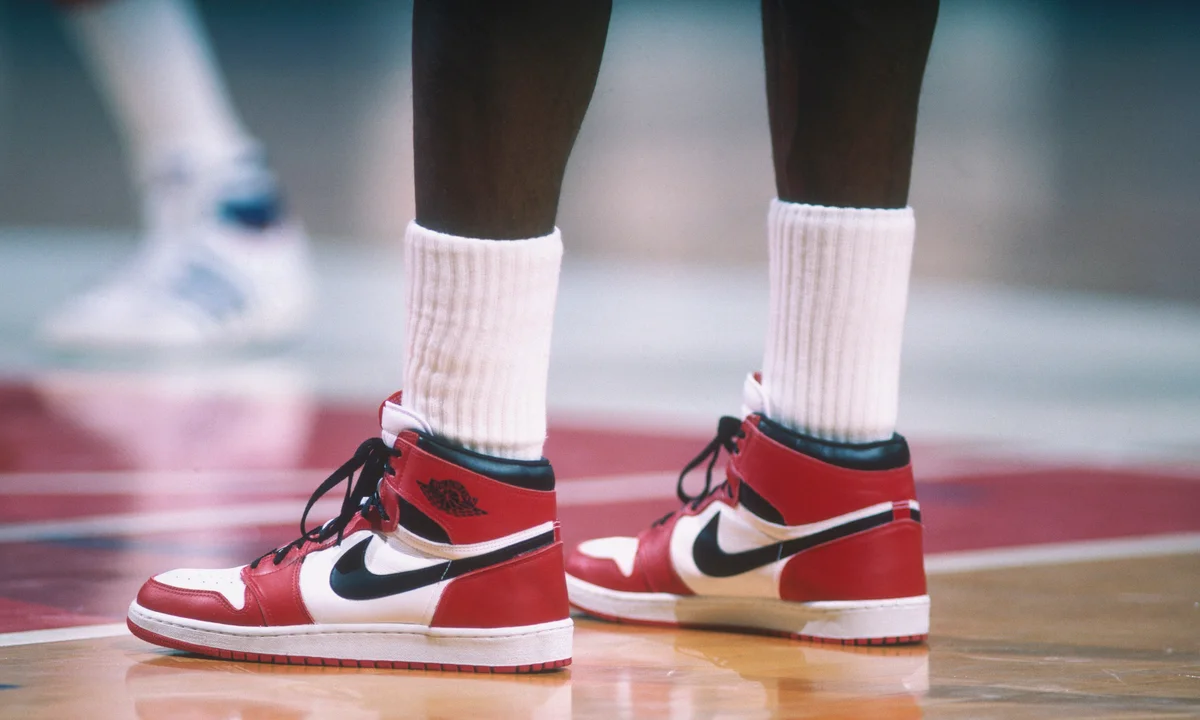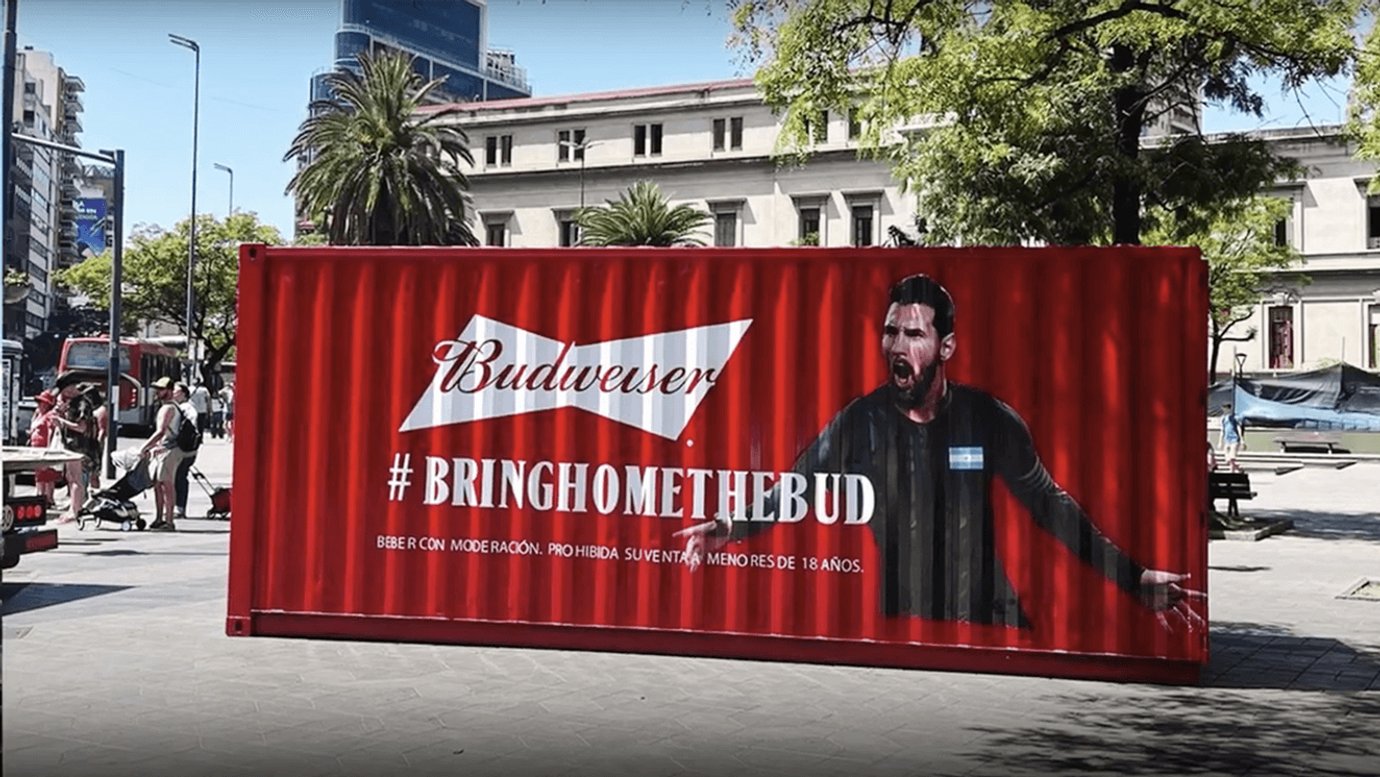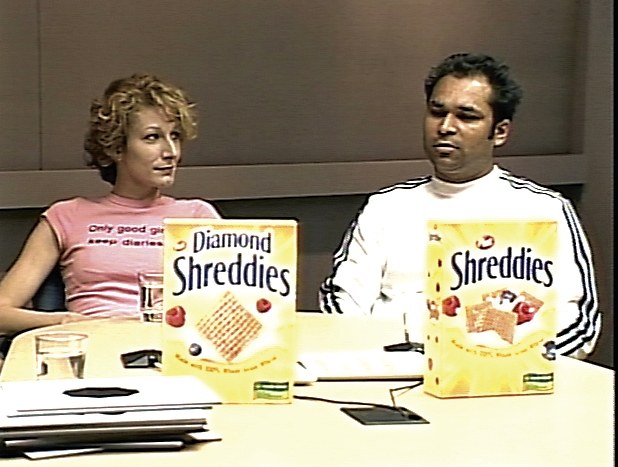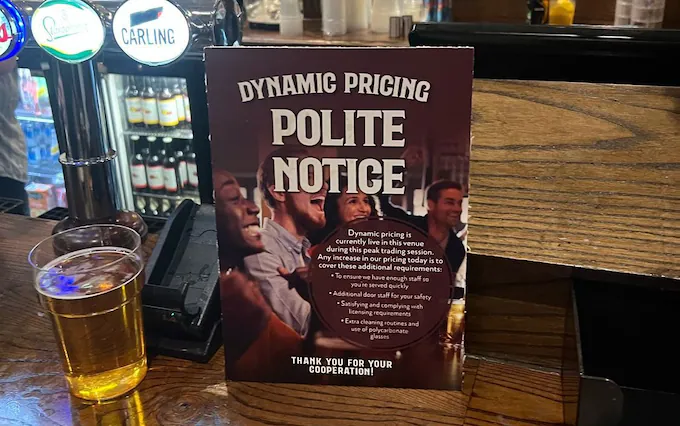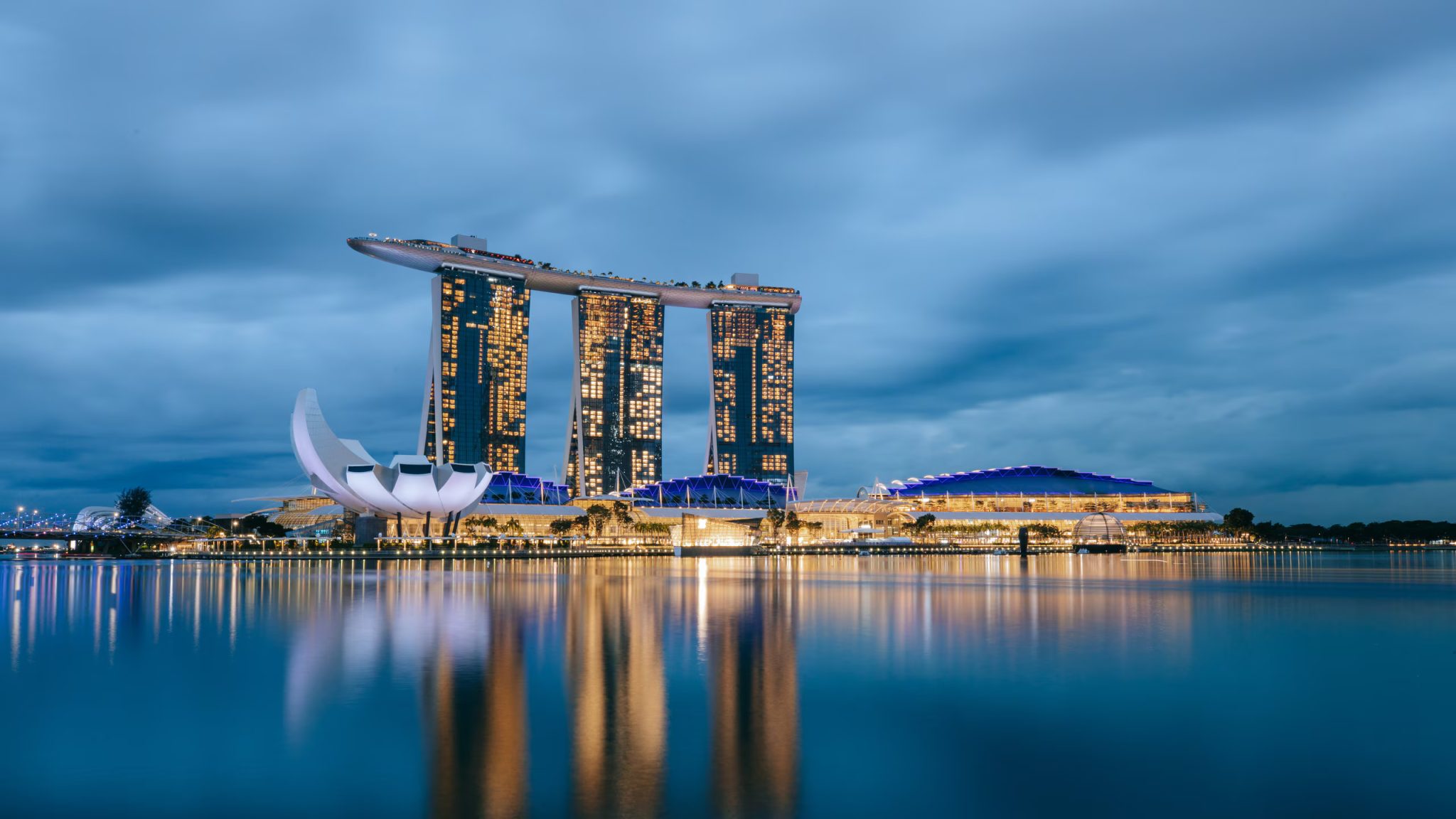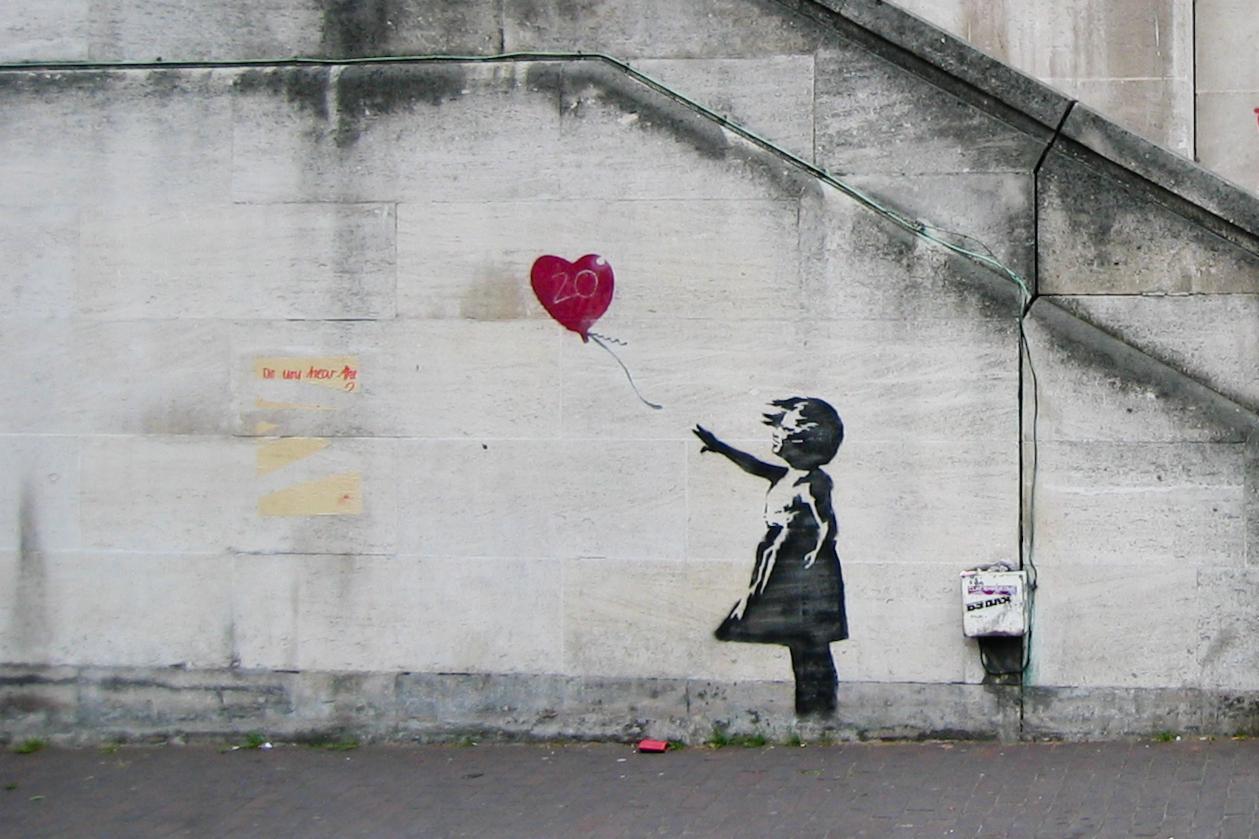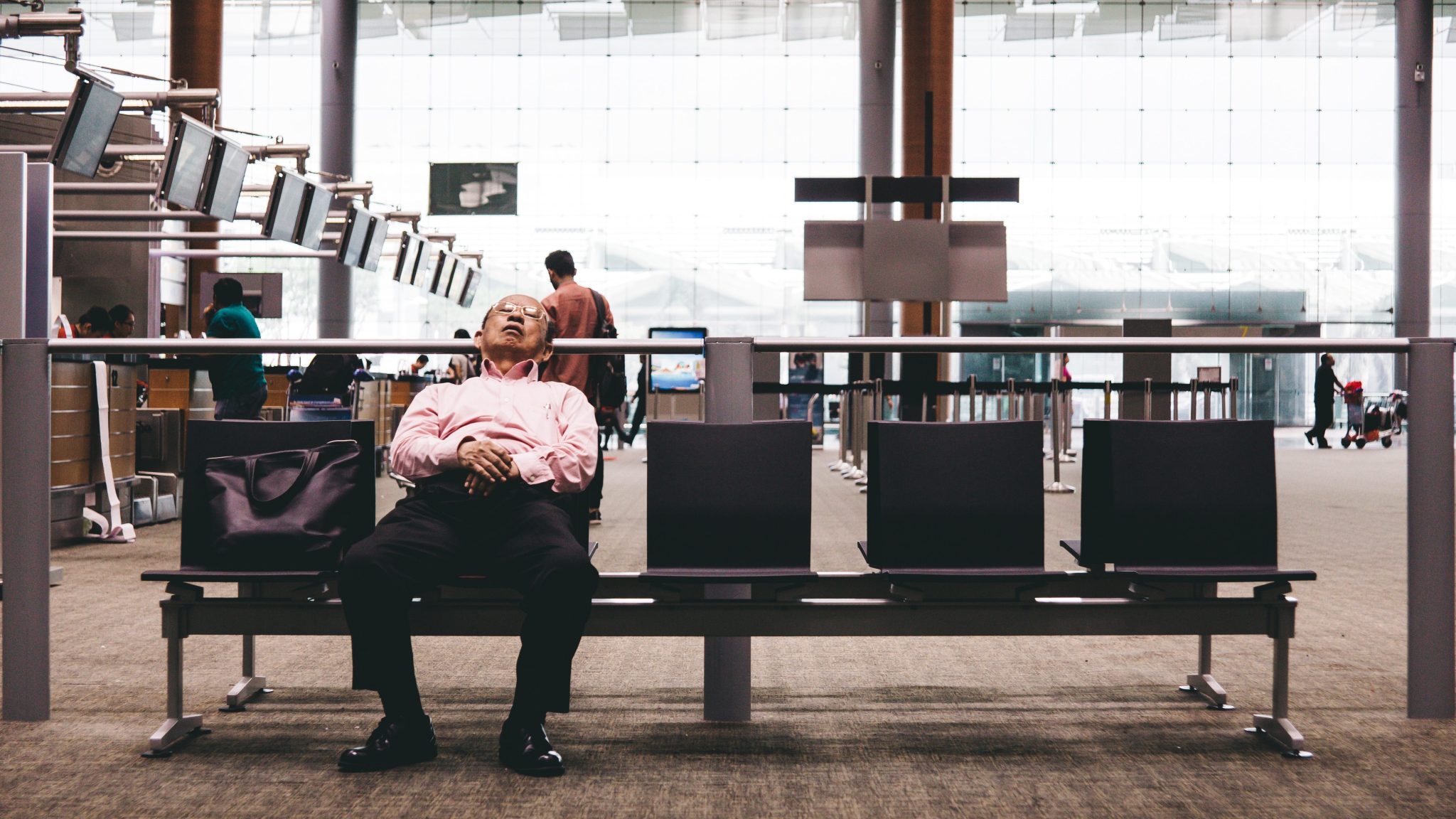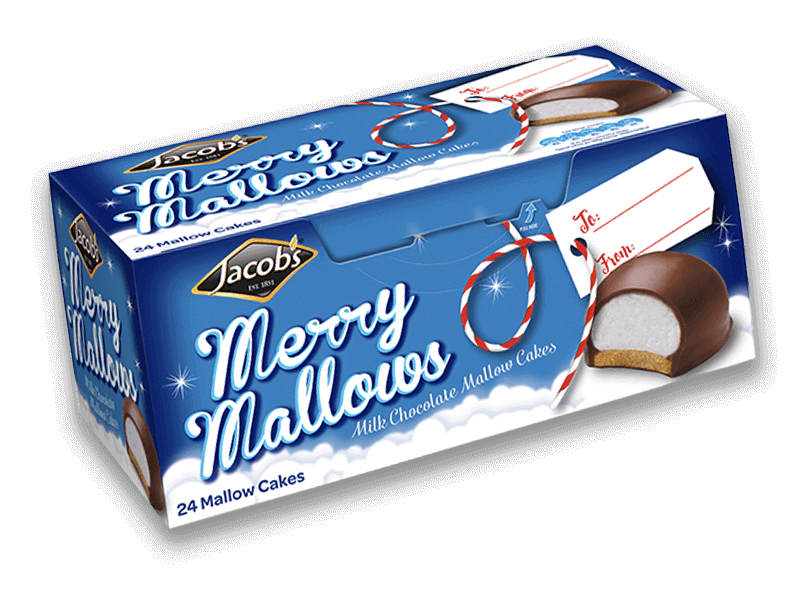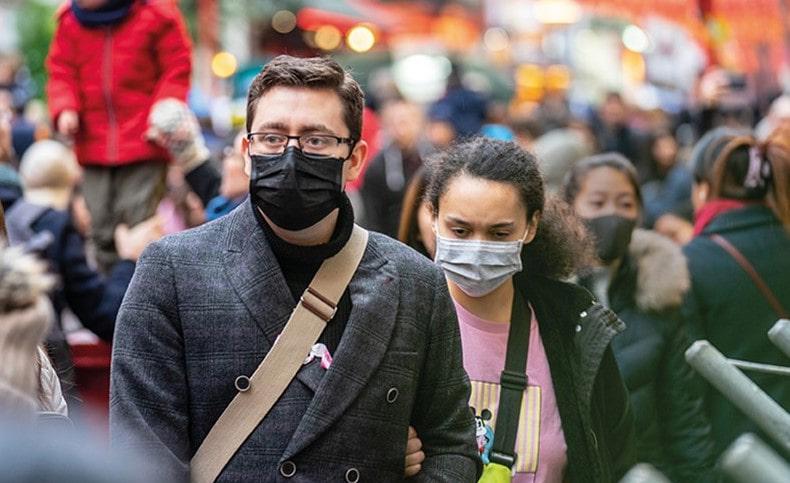When Nike first created the Air Jordan shoe, the NBA fined them $5,000 every time Jordan wore it because it wasn’t 50% white. Rather than changing the shoe, Nike re-framed the fine; for only $5,000, they could get their shoes on Michael Jordan for the entire 48 minutes of the game and look totally different from every other shoe out there. Air Jordans now earn Nike $7 billion every year.
Framing effects
Value is a matter of perspective.
Budweiser had a problem at the 2022 World Cup: Qatar, the host nation, banned the sale of beers. Rather than letting millions of litres of beer go to waste, the brand created a campaign called #BringHomeTheBud, stating that the company would send all the beers to the winning nation. A smart way of standing out and earning publicity during a potential crisis.
Neutering dogs is considered normal, but it’s seen as barbaric when done to humans.
How do you make a 60 year old cereal exciting again? Rotate it. As part of a 2008 campaign, Shreddies turned their cereal 45 degrees, called them ‘Diamond Shreddies’, then filmed focus groups of people saying the ‘new’ product not only looked better but tasted better too.
In September 2023, pub operator Stonegate caused an uproar by imposing ‘surge pricing,’ in the form of a 20p uplift on a pint of beer during evenings and weekends. Yet no one complains when airlines use the same system; charging more for a Saturday flight in July than a Wednesday flight in November.
You wouldn’t pay much for empty space, unless of course it’s a groundbreaking work of art. A European collector recently paid $1.2 million for Yves Klein’s ‘Zone of Empty Space’ – not bad for something invisible.
According to the head of policy at human rights organisation Liberty, facial recognition is a “deeply invasive breach of our privacy rights” when it’s used by the police. But billions of people use it to unlock their smartphones every day.
Most people don’t think of Singapore as particularly free: laws are draconian, spitting is a fineable offence, and drug smugglers are executed. But to many locals, the strict laws is exactly what makes it freedom. “Freedom is being able to walk on the streets unmolested in the wee hours in the morning. Freedom is fresh air and clean streets, because nothing is more inimical to our liberty of movement than being trapped at home because of suffocating smog.”
According to UK law, graffiti “is an act of criminal damage, and those found guilty can be punished with a maximum fine of £5,000.” But when Bansky does it, and tourists flock to see the work, it’s considered artistic genius.
Americans say they need a 30%-50% raise to feel happy, regardless of their income. People making $50k need about 75k, and people making $200k need 350k.
Passengers at Houston airport frequently complained about the long wait at baggage claim. Conventional wisdom says speed up the process or hire more baggage handlers. But the airport simply moved the arrival gates so that they were further away from baggage claim; increasing the walk time and eliminating dead waiting time. Complaints soon disappeared.
When the biscuit was losing out to competitor biscuit brands in supermarkets, its owners made a clever change: they moved it to the cake section. Suddenly the comparative set changed – shoppers realised they could get a box of 6 Jacobs Mallows for the same price as 2 cakes – and sales rebounded.
When the retailer eliminated coupons in favour of “fair and square prices”, and sales tanked, it learnt an important lesson: a discount feels much more attractive than fixed price, even if the total cost is exactly the same.
No other item of clothing is so expressive as the mask. To some it represents oppression; a muzzling freedom of expression during the pandemic and, as a hijab, a denial of women’s rights. To others it represents freedom; a tool to thwart the state-controlled apparatus of face recognition, or a bold fashion statement (if you’re Kim Kardashian).
After an Oasis concert faced technical glitches, the band sent out refunds to every attendee but with a twist – each cheque had their signature on it. They worked on assumption that most fans would prefer their signature to cashing the cheque, and saved up to £1m with a bit of ink.

